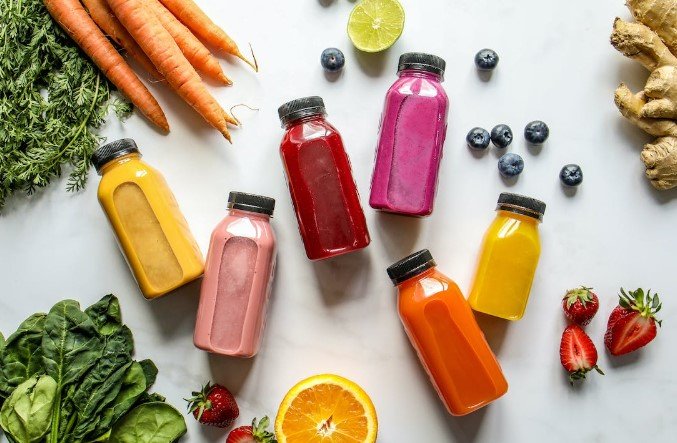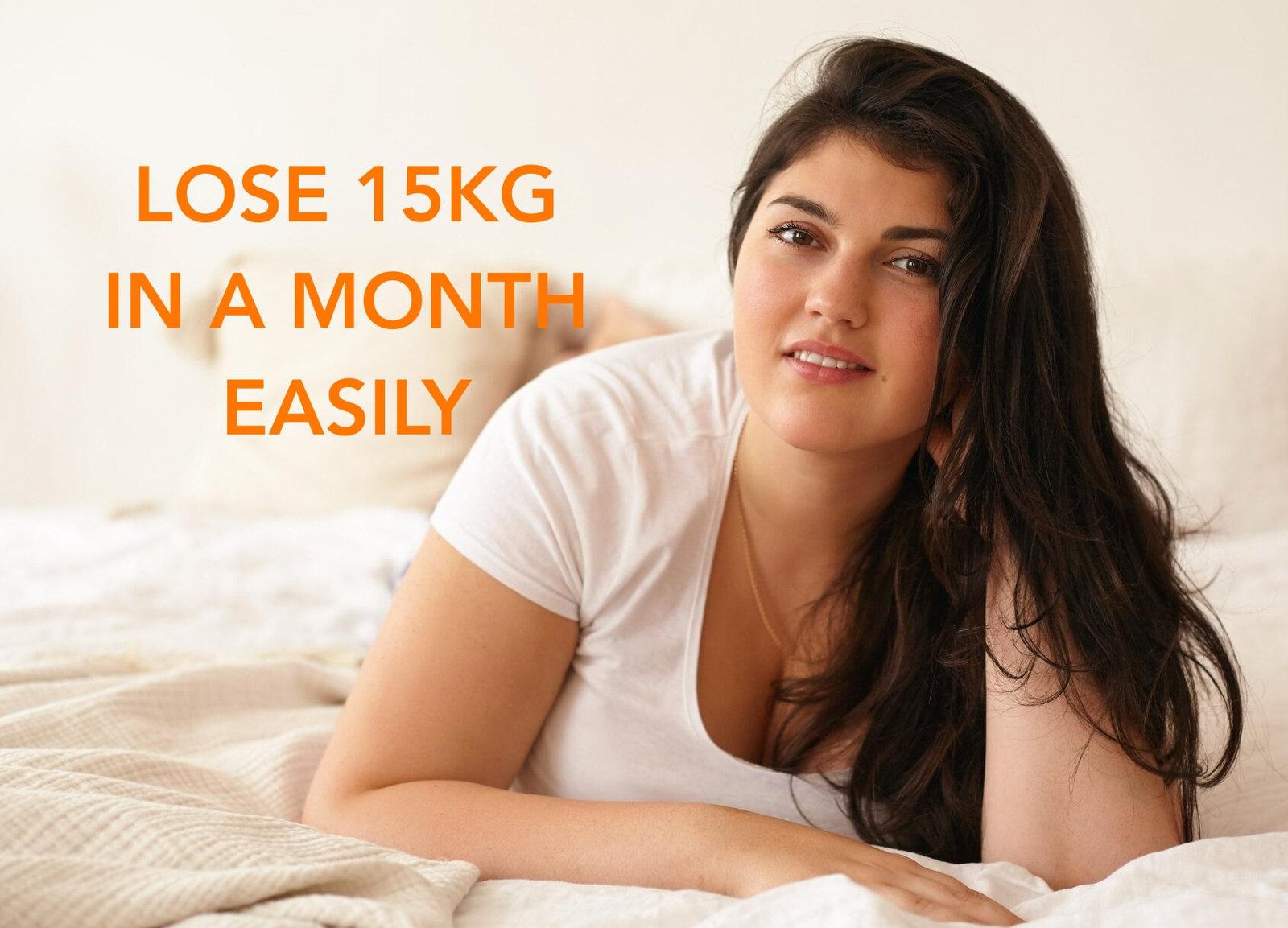Most people are drawn to detox diets as a way to cleanse their bodies and improve overall health. However, before venturing into a detox plan, it’s important to weigh the potential benefits and drawbacks carefully. In this blog post, you’ll learn about the pros and cons of detox diets, how to determine the right one for you, and explore alternative approaches for a healthy lifestyle. By the end, you’ll have a clearer understanding of whether a detox diet is the right choice for your health goals.
Key Takeaways:
- Pros of Detox Diets:
- Help remove toxins from the body over time.
- Improve digestion and gut health.
- Boost energy levels and mental clarity.
- Cons of Detox Diets:
- Lack strong scientific evidence.
- May cause nutrient deficiencies.
- Can have a negative impact on metabolism.
Understanding Detox Diets
To fully comprehend detox diets, it’s crucial to understand both their pros and cons.
Pros of Detox Diets:
On the positive side, detox diets can help remove toxins from your body over time, leading to improved digestion and gut health. By eliminating harmful substances, you may experience heightened energy levels and mental clarity. These benefits can contribute to overall well-being, as suggested by their impact on health, energy levels, and digestion.
Cons of Detox Diets:
The potential drawbacks of detox diets must also be considered. The lack of solid scientific evidence supporting their effectiveness is a significant concern. These diets may lead to nutrient deficiencies and could negatively impact your metabolism. It’s crucial to weigh these risks against the potential benefits before launching on a detox plan.
The risks associated with nutrient deficiencies and metabolic issues highlight the importance of approaching detox diets cautiously. It’s crucial to consult with a healthcare professional before starting a detox program to ensure that it aligns with your individual health needs and goals. While these diets can offer benefits, it’s vital to proceed with caution and make informed decisions regarding your well-being.

Determining the Right Detox Diet
Consulting a Healthcare Professional
The first step in determining the right detox diet for you is consulting a healthcare professional. An expert can assess your specific medical history, current health status, and dietary needs to help you choose a detox plan that will be safe and effective. They can also address any potential health risks or concerns that may arise from going on a detox diet.
Identifying Personal Goals
With the guidance of a healthcare professional, you can identify your personal goals for the detox diet. Whether you aim to improve digestion, boost energy levels, or simply cleanse your body of toxins, setting clear and achievable goals will help you stay on track and measure the success of your detox plan. Understanding your motivations for going on a detox diet will also help you select the most suitable and sustainable approach for your needs.
Alternatives to Detox Diets
Once again, detox diets may not be the best approach for everyone. If you’re looking for alternatives to detox diets, consider focusing on maintaining a balanced diet that provides your body with crucial nutrients to support overall health and well-being.
Eating a Balanced Diet
To ensure you’re getting all the necessary nutrients, it’s important to consume a balanced diet that includes a variety of foods from different food groups. Include plenty of fruits, vegetables, whole grains, lean proteins, and healthy fats in your meals to support your body’s natural detoxification processes. This can help you maintain optimal energy levels, digestion, and overall health without the potential risks associated with detox diets.
Incorporating Whole Foods
One way to improve your diet is by incorporating more whole foods into your meals. Whole foods are minimally processed and packed with crucial nutrients, vitamins, and minerals that can help support your body’s detoxification pathways. Including a variety of colorful fruits and vegetables, whole grains, nuts, seeds, and legumes in your diet can provide you with a wide array of nutrients and antioxidants that promote overall health and well-being.
Whole foods are usually lower in added sugars, unhealthy fats, and preservatives compared to processed foods, making them a healthier choice for supporting your body’s natural detoxification processes. By focusing on whole foods, you can enhance your overall nutrition and well-being without the need for extreme detox diets.
Considering all points
When evaluating the pros and cons of detox diets, it’s important to remember that what works for one person may not work for another. While these diets can help remove toxins from your body over time, improve digestion, and boost energy levels, they also come with potential drawbacks such as nutrient deficiencies and negative impacts on metabolism. Before initiateing on a detox diet, consult a healthcare professional to understand the risks and benefits, and identify your personal goals for the cleanse.
Before plunging into a detox diet, consider alternatives such as eating a balanced and nutritious diet, incorporating more whole foods, and staying hydrated with water throughout the day. While detox diets may offer some benefits, it’s crucial to approach them with caution and awareness of the potential risks involved. By making informed decisions about your health and well-being, you can determine the right approach that aligns with your goals and lifestyle.
FAQ
Q: What are the pros of detox diets?
A: Detox diets can help remove toxins from the body over time, improve digestion and gut health, and boost energy levels and mental clarity.
Q: What are the cons of detox diets?
A: Detox diets lack strong scientific evidence, may cause nutrient deficiencies, and can have a negative impact on metabolism.
Q: How do I determine the right detox diet for me?
A: To determine the right detox diet, consult a healthcare professional, understand the risks and benefits, and identify your personal goals for the detox diet.


























